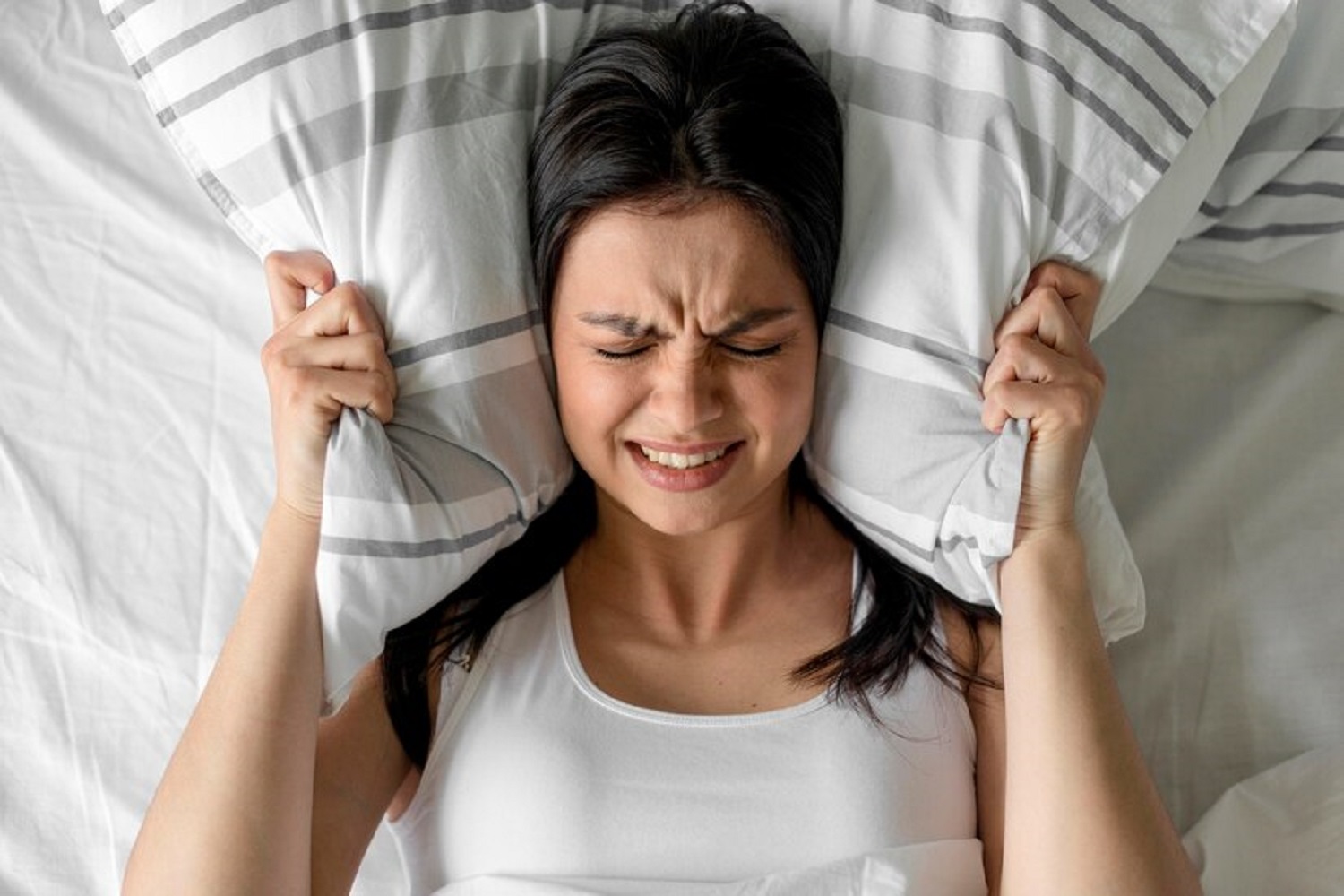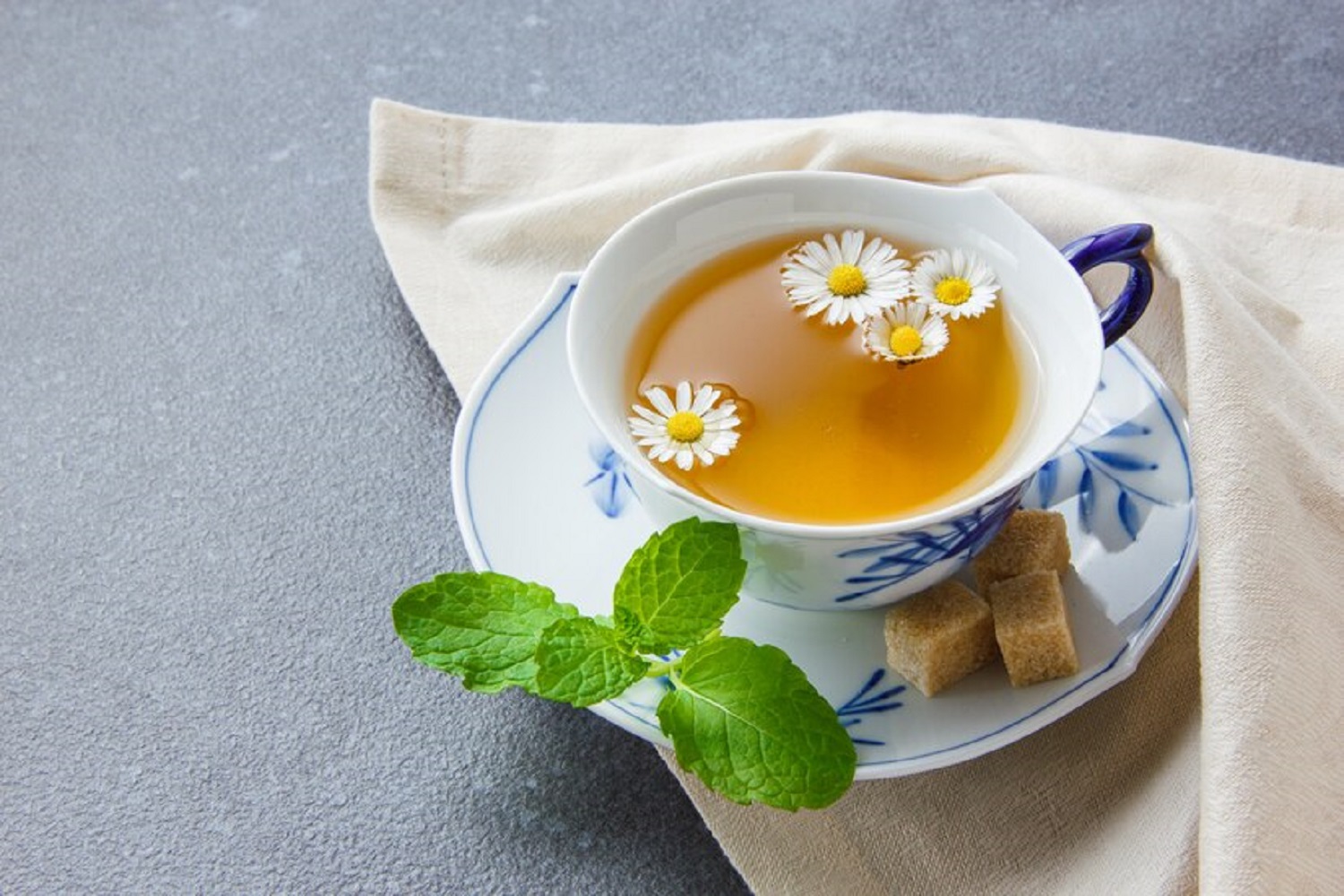Insomnia and natural methods to overcome it
 Illustrative photo (Freepik)
Illustrative photo (Freepik)
Insomnia is something that can turn life into a living hell, disrupting everything—from your physical health to your mood. But reaching for medication to combat insomnia might not be the best idea.
Below are some valuable tips on how to fall asleep quickly and enjoy a good night's rest through natural methods and techniques.
Dangers of insomnia
Insomnia is not just an inconvenience. It's a serious issue that can have negative consequences for both your health and quality of life. Constant lack of sleep leads to physical and emotional exhaustion, making it difficult to handle daily tasks and reducing overall productivity.
Here are some of the main problems that insomnia can cause:
- Decreased concentration and memory: People suffering from insomnia often have trouble focusing, remembering information, and making decisions. This can lead to mistakes at work and in personal life.
- Worsening physical health: Chronic sleep deprivation is linked to an increased risk of developing cardiovascular diseases, hypertension, diabetes, and obesity. Insomnia can also weaken the immune system, making the body more vulnerable to infections.
- Psychological problems: Prolonged insomnia can contribute to the development of anxiety disorders, depression, and other psychological issues. It also increases stress levels, which can exacerbate the problem, creating a vicious cycle.
- Lowered quality of life: Constant feelings of fatigue and exhaustion reduce the quality of life, limiting social activities and the ability to enjoy hobbies and time with loved ones. People with insomnia are more likely to feel irritable and generally dissatisfied with life.

Freepik
Tips to fall asleep quickly
Insomnia is a problem that should not be ignored. It affects every aspect of life and requires attention and treatment to improve sleep quality and overall well-being. Here are some methods that can help you fall asleep.
Creating comfortable environment
Darkness and silence in the room significantly contribute to falling asleep quickly. A cozy bed, the right temperature, and fresh air make the process of falling asleep easier. Using special sleep masks or earplugs can help reduce external disturbances.
Relaxing and calming down
Before bed, it's important to relax using techniques like deep breathing or meditation. Taking a warm bath or shower helps relieve tension and prepare for sleep. Calm reading or listening to soothing music can also promote relaxation.
If you can't fall asleep, lie on your back and try to feel the weight of each part of your body. Relax not just your arms, legs, and torso but also your neck, fingers, eyes, and cheekbones. This helps achieve a state of complete calm.
Regular sleep schedule
Sticking to a consistent sleep schedule helps regulate the body's biological clock. Go to bed and wake up at the same time, even on weekends. This helps your body adapt to the routine and fall asleep more easily every night.
Breathing control
This technique helps reduce adrenaline levels and promotes relaxation. Lie down comfortably, fully exhale the air from your lungs (you might hear a slight whistle), then slowly inhale through your nose for 4 seconds.
Hold your breath for 7 seconds, then smoothly exhale through your mouth, again with a whistle, for 8 seconds. Repeat several times—this is a great way to combat insomnia.

Freepik
Food and drinks to help get rid of insomnia
Foods rich in tryptophan
Foods containing tryptophan positively affect mood, appetite, and sleep. They help produce serotonin, which improves sleep quality. The highest amounts of this amino acid are found in legumes, pumpkin seeds, walnuts, soybeans, as well as white meat from chicken and turkey.
Foods containing melatonin
Melatonin, found in some foods, helps regulate the body's internal clock. Cherries and sour cherries, rich in this hormone, can help improve sleep, especially in older adults. Other sources of melatonin include grapes, green leafy vegetables, corn, and rice.
Foods rich in magnesium
Magnesium is essential for calming muscles and the nervous system, making it necessary for good sleep. Nuts, especially almonds, buckwheat, and seaweed contain significant amounts of this mineral.
Foods with high glycemic index
Foods with a high glycemic index, such as jasmine rice, promote rapid sleep. They cause a quick burst of energy, followed by drowsiness. Salty pretzels and crackers can also have a similar effect.
Herbal tea
Herbal tea, particularly chamomile, helps calm the nervous system and relax muscles. It contains glycine, which relieves muscle tension and helps you fall asleep quickly.
Seafood
Seafoods, like tuna and salmon, are rich in vitamin B6, which helps the body produce melatonin and serotonin. Shrimp and lobster contain tryptophan, which also contributes to better sleep. Consuming seafood before bed helps reduce anxiety and improve sleep quality.
Dairy products
Dairy products facilitate the absorption of tryptophan and help produce melatonin, which is necessary for healthy sleep. Calcium in dairy products also helps normalize muscle activity.
We've previously also written about whether sleeping too long or too little is worse for your health.

